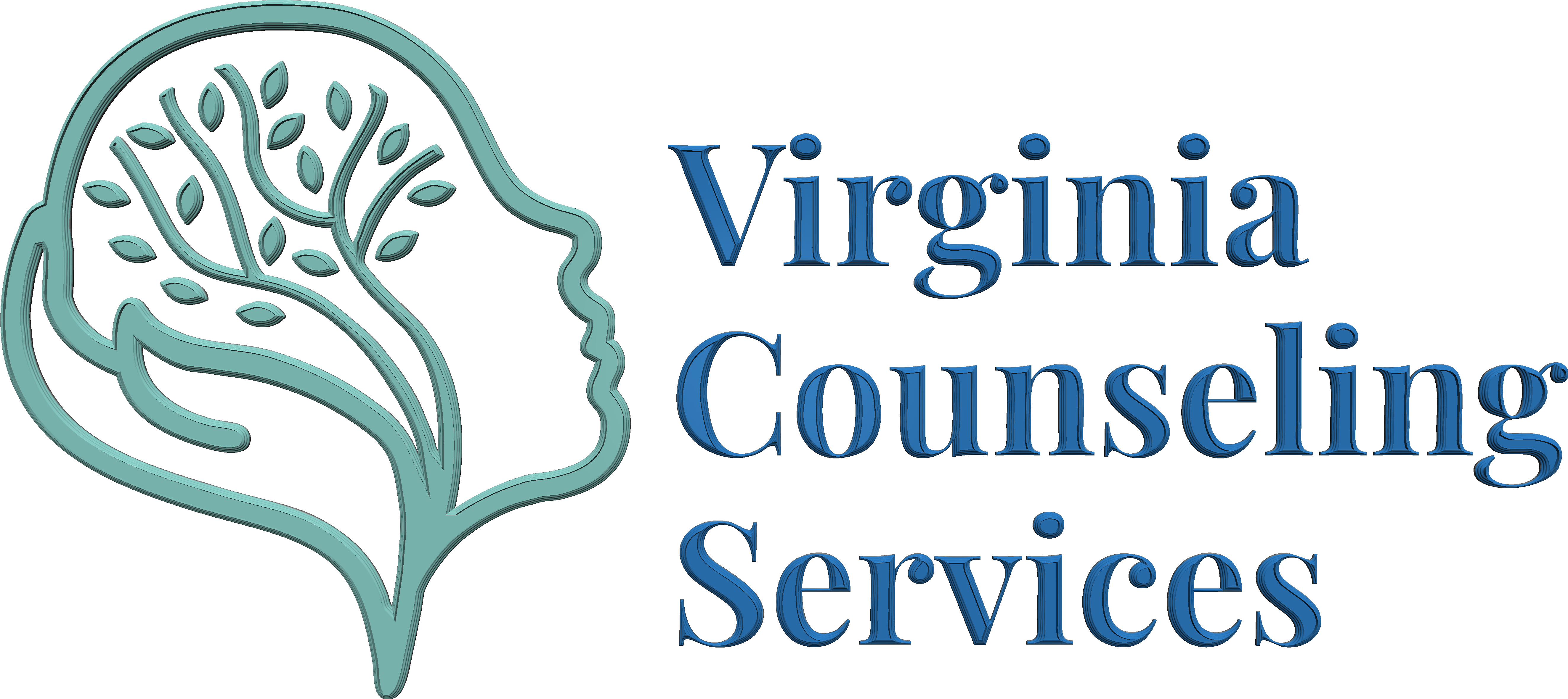In a recent book called “You and Your Adult Child,” Dr. Laurence Steinberg talks about something not many have tackled before. It’s all about how to stay close and connected with your adult child, especially if they belong to the Millennial or Gen Z generation. This topic wasn’t a big deal for past generations, but it’s crucial today. Dr. Steinberg challenges the old ideas of what it means to be an adult and even shares new research that says the brain keeps developing into our twenties. This new understanding means we need to rethink how we bridge the gap between childhood and becoming a full-fledged adult through “adulting.”
In a section called “Respecting Your Child’s Independence,” Dr. Steinberg writes something interesting: “A lot of disagreements between parents and their grown-up kids happen because the kids want some space. They want to be their own person, and that’s totally normal. These disagreements can be about money, where to live, how to raise kids, and more, but they often boil down to your child wanting to be independent” (Steinberg, 17). This idea is fascinating because, in earlier times, parents might not have paid much attention to their child’s feelings during the transitional phase.
Modern parenting books also talk about this idea. For example, Hunter Clarke-Fields says, “When you change your home environment to let your child be independent early on, you set a good example of what they can do and contribute.” This means you’re teaching your child to be capable and helpful (Clarke-Fields, 154). This idea is embraced worldwide. In the book “The Danish Way of Parenting” by Alexander and Sandal, they say, “Giving your child space and letting them grow at their own pace helps them become confident and in control. They learn to handle their own problems and challenges” (17).
The key message here is that the next generation of parents is looking for a new way of doing things. They don’t want to repeat the mistakes of the past, like being too controlling during childhood or not giving their adult child the guidance they need when it comes to things like religion, politics, or money.
If you’re a parent of a grown-up child, it’s important to treat them like an adult, not just a kid. Your child has learned a lot and can make their own decisions. This doesn’t mean you can’t share your wisdom, life experiences, or the mistakes you’ve made. It just means you should do it in a way that helps them grow and become a healthy adult. As you both get older, you can trust them more and rely on them when you need help.
Building strong relationships between generations is all about understanding your emotions, being honest, and sharing your thoughts openly. This creates a culture of respect between parents and their adult children, where wisdom gets passed down from one generation to the next. It’s all about teaching, guiding, and adapting to life’s different stages. We’re all trying to be the best we can be and have a positive impact on the next generation of parents.
References:
Alexander, J. J., & Sandahl, I. (2016). The Danish way of parenting: What the Happiest People in the World Know About Raising Confident, Capable Kids. Penguin.
Clarke-Fields, H. (2019). Raising good humans: A Mindful Guide to Breaking the Cycle of Reactive Parenting and Raising Kind, Confident Kids. New Harbinger Publications.
Steinberg, L. (2023). You and Your Adult Child: How to Grow Together in Challenging Times. Simon and Schuster.

